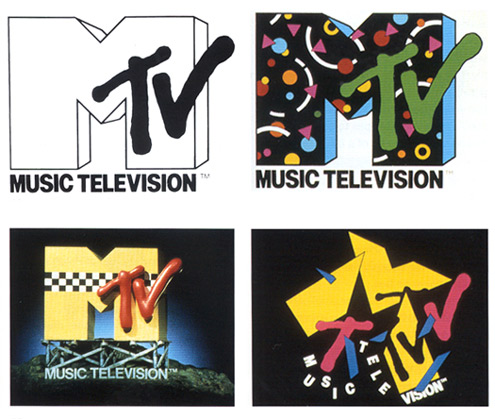Short film has revolutionized the film industry. With each new advancement in film there has been a short film that sparked it off. The first ever recorded short film named “La Sortie de’l’usine” was publicly exhibited in 1895, illustrating factory workers leaving the factory after a days work. However, this piece was only short due to technical restrictions, leaving several theorists arguing over whether this really is the first ever short film.
 |
| (”La Sortie de’l’usine” - Auguste and Louis Lumiére) |
"Short subjects" fast became exceedingly popular amongst audiences, due to the fact that the public could attend the cinema and view three to four films, as opposed to just one. This was heavily important around the early 1900’s, as there were very few forms of entertainment for society to engage with.
The "Hollywood Block" or “Block Booking” set out to ruin the uniqueness of short films in the early 1930’s. Big Hollywood studios (such as Universal, Disney, Paramount) used their power and masses of money to force small production companies to sell their innovative, fresh stories, which they would then turn into big-budget feature films. This was due to the fact that the "Classical Narrative", a 90 minute or more feature film, was more profitable for film exhibitors. Feature films were considered far more befitting than short subjects, they could draw in middle-class audiences who would be willing to pay more for cinema tickets. Thus, funding the development of copious, exuberant “picture palaces” over the next three decades. The supreme court of United States finally declared block booking illegal, however, the damage to short film had already been committed.
Short subjects continued to be previewed within cinemas between live acts and alongside news reels, up to and through the Second World War. Short films continued to take additional roles as government propaganda, showing in cinemas between films giving vital instructions to the community, as this was the safest way to illustrate the rules.
 |
| (“Keeping Fit” 1942 - WW2 short film government propaganda) |
The invention of Television alarmed short film directors, however TV channels took kindly to airing short subjects, which was wondrous for the short film industry. However, TV programming was at it’s peak with Dramas, quiz shows and news programs, consequently, throughout the 1950’s and 1960’s, the downfall of short subjects was ignited. The juxtaposition of the capability to liberate from society through a stereotypical “Hollywood” feature, and the informative quirky nature of many short films was without a doubt fundamental in their demise. Conventional feature films gave the mid 1900‘s society what they craved - escapism. By the end of the 1960’s, short subjects were primarily absent from Cinema. This was due to the fact that excessive amounts of adverts and trailers were crammed into several showings in just one evening, as many cinemas were struggling massively financially, ousting the shorts to up their earnings through advertisements.
Short films were renovated during the 1980‘s and were now no longer about commercial success, but about illustrating a message and delivering new, intriguing content. The introduction of MTV saw the birth of Music Video, representing an alternate outlet for short film producers. Mise en Scene and style naturally became grittier and darker progressing with social trends, for example the mod and punk subcultures.
 |
| (These were the first ever MTV logos, used in the early 1980's) |
The 1990’s was an astonishing benchmark for short subjects, often coined “Year Zero”. Filmmaking equipment became allot more affordable to the general public, and was lightweight making it easier to use and film in raw, urban locations. This saw an inflation in independent film making, distinctly within short film, which are less constraining, cheaper and more exiting to produce than feature films. Philip Ilson, director of the London Short Film Festival, declares that “All of a sudden it was cheap and easy to make films. It was the same for screenings. It was the first time when a portable video projector could be set up anywhere with a sheet on the wall to screen stuff on”.
The ability to screen short films easier, led to them becoming increasingly popular within feature film festivals such as Venice and Cannes. This proceeded to the spawn of thousands of short film festivals across the globe finding intriguing, innovative ways to screen short subjects, ranging from secret warehouse parties and gigs to performance collaborations at music festivals.
Primarily, most short films are now hosted on the internet, this is referenced in more detail later in my blog.
(Referenced: “Rebecca Davies - The long history of short films”)

No comments:
Post a Comment